Conclusion
We had a chance to observe the 58th Anniversary of Karen Martyrs’ Day fell on August 12, following the 8.8.88 anniversary of students uprising in the cities of Burma. All the Burmese services by VOA, BBC, RFA, and DVB aired programs analyzing the current political situation in Burma and the movement for restoration of democracy in commemoration of the 8.8.88 anniversary.
As we listened, we were disheartened by the fact that Burmese language media – excluding the government controlled media inside Burma – was despicably subjective in their presentations of the problems in Burma. Although the purported analytical presentations were coincided with the commemoration of the 8.8.88 anniversary, it was about a country in which various ethnic groups, including the ethnic Burmans/Burmese are residing. The presentations, and almost all the analyses and views, centered on the urban-based movement led by students, monks, and the NLD in particular, disregarded the collective efforts made by various ethnic minorities groups. The plights of ethnic minorities and their efforts to bring about change in the country were treated as side-dish. The Burma question was separated from the question of ethnic minorities as if they were from another planet.
What appears to us, and what we learned through out our time with folks on the ground, is that there is little prospect, if there is any, for our beloved country so long as the Burma problem is seen and understood in the terms of “theirs” and “ours.” The general notion presented by the Burmese language media portrays the struggle of ethnic minorities as a separate struggle from the struggle for change in Burma, the pro-democracy movement, per se, as a whole.
We think that it seems more imperative now than ever for the Burmese people in general to know the histories of their own country and their own fellow country-people. In the eve of our nation’s independence in 1948 when the entire Karen peoples went out on the streets of Burma to protest, their unequivocal demand was and still remains the respect for and recognition of democratic values which includes equality and right to self-determination. Since 1948, the Karen peoples had rejected any idea that might lead to civil war.
Given the dire situation in which our country is dying a slow death, we think no time is more right than now that the people of Burma come to term with the reality – that is –Burma is a one community of which the membership belongs to all the ethnic peoples. And, we must understand that membership of such community means we see the stake that each of us has in our neighbor’s dreams and struggles as much as we see in our own. In same regard, we believe that the persistent resistance - politically, culturally and militarily - of the multiple ethnic nationalities for equality and their right to self-determination should be factored in as a part of - not as a separate - the broader political struggle for democratic change in Burma.
To be sure, we are challenged to understand that the wellbeing of the Karens depends on the wellbeing of all others in Burma and vice versa. The stake is too high to pretend that one will rise when others fall in Burma. Even SPDC understands that it cannot rise alone while others are falling and such understanding can be seen in efforts to recruit and organize groups such as USDA.
It is clearer to us now that for the KNU, the question is not whether or not it can fight off the military regime. Rather, the question is what is then next after the military regime. However, everyone else in Burma will have to answer this collectively with the Karens.
===
Sunday, August 31, 2008
Subscribe to:
Post Comments (Atom)







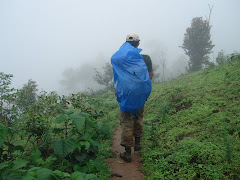
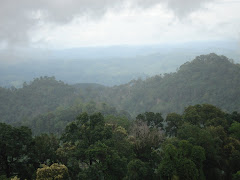
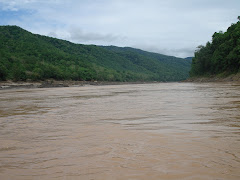

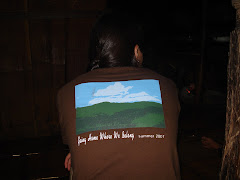
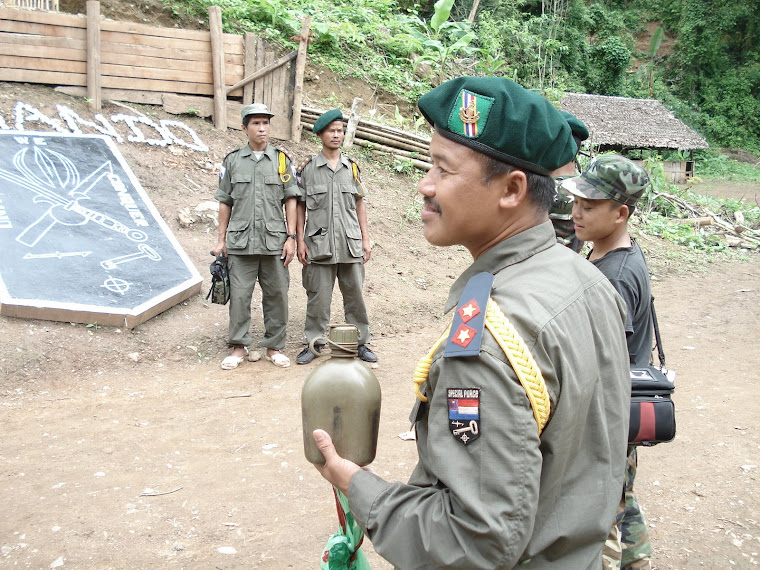

No comments:
Post a Comment